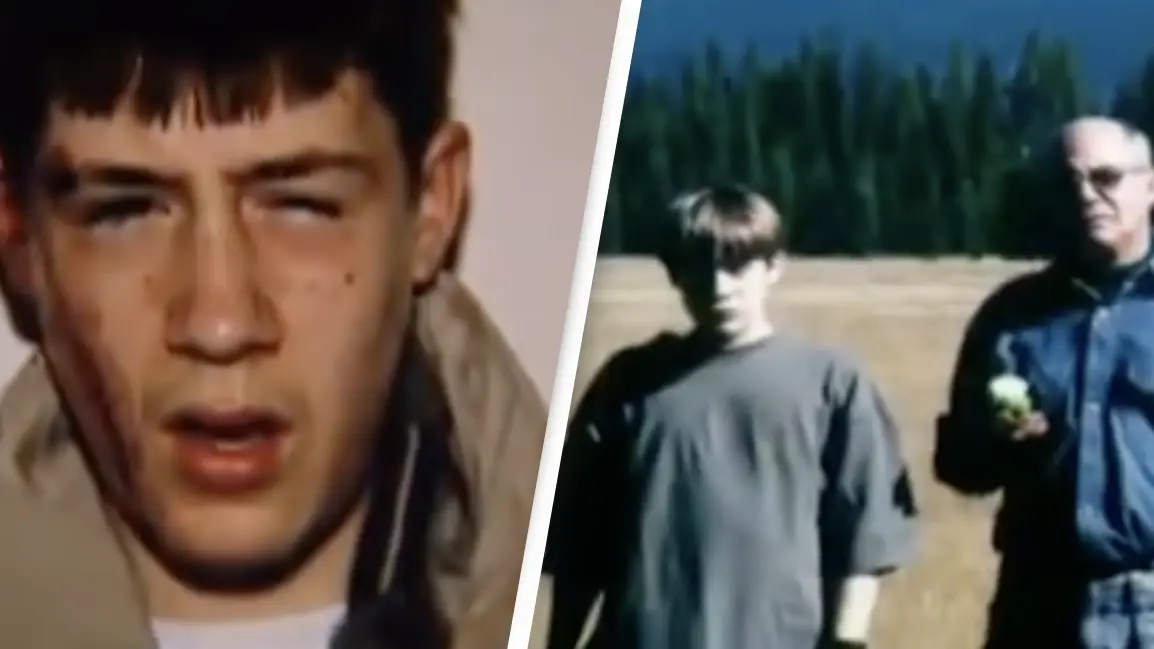
It’s been nearly 15 years since the Thurston High School shooting, and yet the shockwaves of the event still reverberate today.
At the centre of the attack was Kipland Kinkel who, in 1998, murdered his two parents before setting his gun upon the school he attended in Springfield, Oregon. The then 15-year-old ended up killing two students and wounding 25 others before a group of them managed to subdue Kinkel, leading to his arrest.
Kinkel’s victims included 16-year-old Ben Walker and Mikael Nickolauson, 17, as well as his parents Bill and Faith, all of them suffering from fatal gun wounds. Following his arrest, the high schooler attended court in November 1999 when he was sentenced to more than 111 years in prison without the possibility of parole.
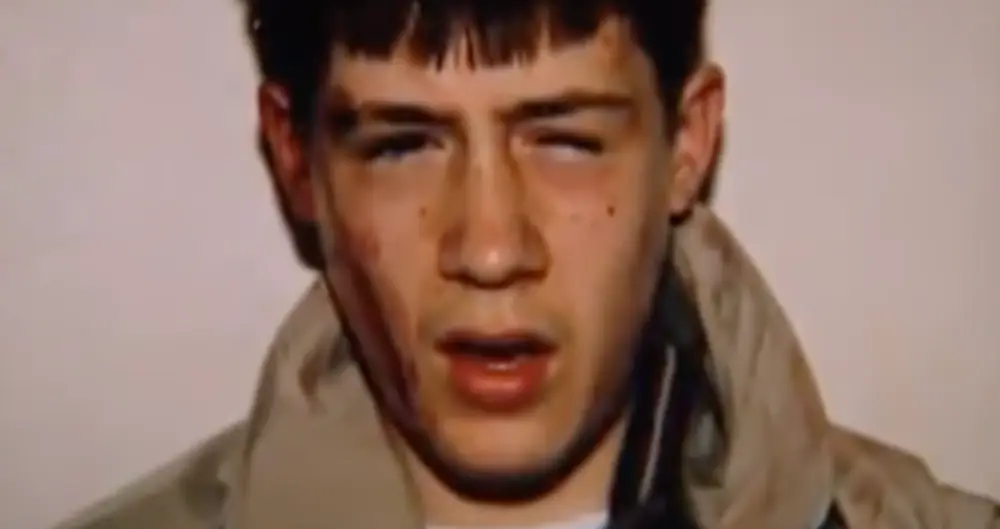
Advert
What made the case all the more shocking is the fact that while it was overshadowed by the infamous Columbine High School massacre, which unfolded less than a year after the Thurston incident, it may have also inspired it, as well as the string of school shootings that have become so commonplace in America.
This was something Kinkel reflected decades later in a recent feature with HuffPost writer Jessica Schulberg titled ‘Kip Kinkel Is Ready To Speak’. In a series of interviews, the convict reflected on the impact his crimes have had on his home country, as well as his mental state before and after the incident.
He told Schulberg: “I have responsibility for the harm that I caused when I was 15. But I also have responsibility for the harm that I am causing now as I’m 38 because of what I did at 15.”
Speaking about why he had stayed silent until this point, he said: “I’ve never done an interview. Partly because I feel tremendous, tremendous shame and guilt for what I did. And there’s an element of society that glorifies violence, and I hate the violence that I’m guilty of. I’ve never wanted to do anything that’s going to bring more attention.”
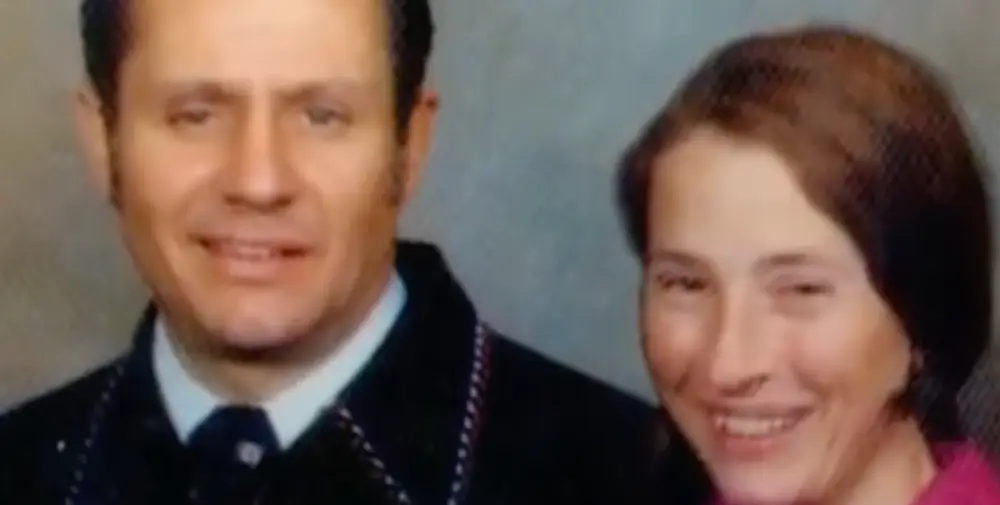
Kinkel told the outlet that as a child he suffered from intense hallucinations and delusions that would later be identified as symptoms of paranoid schizophrenia, with his versions of events backed up by doctors and fellow inmates.
One of his earliest memories of hearing voices was when he was 12 and he heard a male voice say: “You need to kill everyone, everyone in the world.” The voices grew in numbers and in complexity, each of them leaving him terrified.
One of his delusions was that the Disney corporation was collaborating with the US government, and together they had planted a chip in his head. “And I became obsessed with obtaining weapons. Not just guns, but knives and explosives,” he added.
Although he fluctuated between good and bad days, and his parents could tell something was wrong, Kinkel’s dad didn’t believe in mental health professionals.
However, when his parents found bomb making materials in his room, he was taken to a child psychologist. He worked hard to hide his symptoms, but he did let a few details slip, which led the doctor to diagnose him with depression.
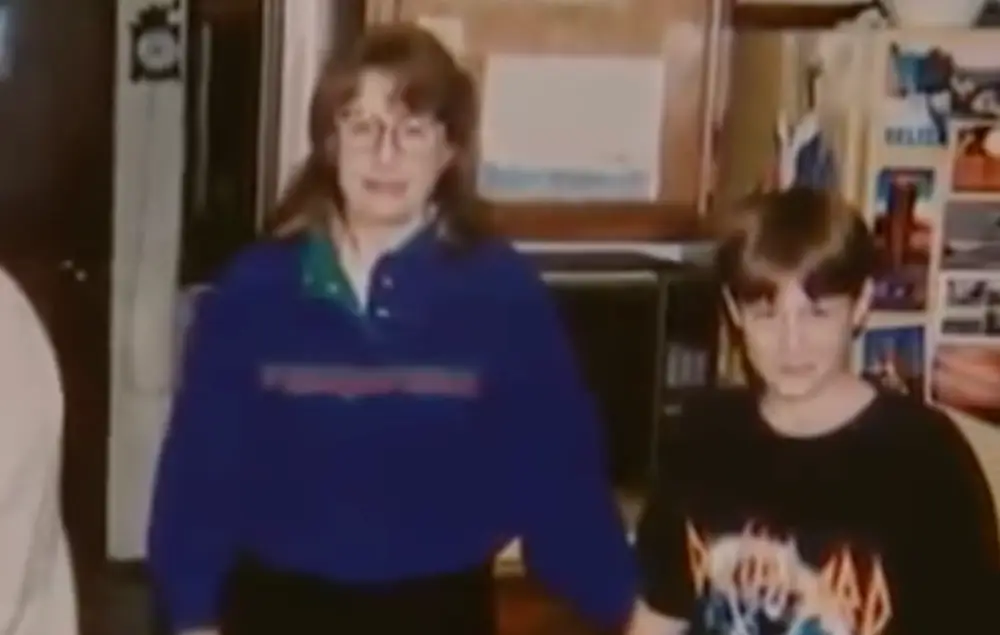
Although his mental state was up and down, things came to a head on 19 May, 1998, two days before the shooting at Thurston High School. Kinkel had gone to buy a gun from a friend, only to be caught by a detective. Faced with expulsion and a felony criminal record, he said: “My whole world blew up at that point. All the feelings of safety and security – of being able to take control over a threat – disappeared.”
When his dad came to pick him up, the voices became overwhelming, demanding that he had to kill his father. Although Kinkel wanted to take his own life, he explained: “I know it’s really hard for people to accept and understand, but there was something very clear inside me – like suicide wasn’t an option for me until I had done this thing that they were telling me to do. And they had promised me that once I did this thing I could kill myself.”
That afternoon he killed his dad with a rifle before doing the same to his mum. He said the voices then told him: “Get guns and bullets. You have no other choice. Kill everybody. Go to school and kill everybody. Look at what you’ve already done.”
The next morning he launched his attack on the school, shooting at random until he was restrained. Upon his arrest, he said all he could think about was wanting to die. Even following an interrogation in which Kinkel was clearly in no fit mental state, he was made to stay in solitary confinement for 18 months as he awaited trial, which only made his symptoms worse.

When one of his teeth started to protrude from not having his retainer, he believed it was being used as an antennae for the chip in his brain. Kinkel said he felt unbelievable guilt during this time, particularly upon hearing of the Columbine High School massacre whereby two students killed 13 students before turning the guns on themselves.
It’s difficult to imagine the pain felt by the victims and the ongoing guilt felt by Kinkel, whose case has heavily influenced juvenile justice reform efforts across Oregon.
Despite continuous struggles during and after the court case, Kinkel has managed to reform himself behind bars, and has gone on to earn a college degree, become a yoga instructor and advocated for criminal justice reform. He also received support from his sister, Kristin, who was away at college when he killed their parents. She told the judge during his trial: “Only with hindsight do I truly see the signs of someone who was in desperate need of help, different help than any of us knew how to give.”
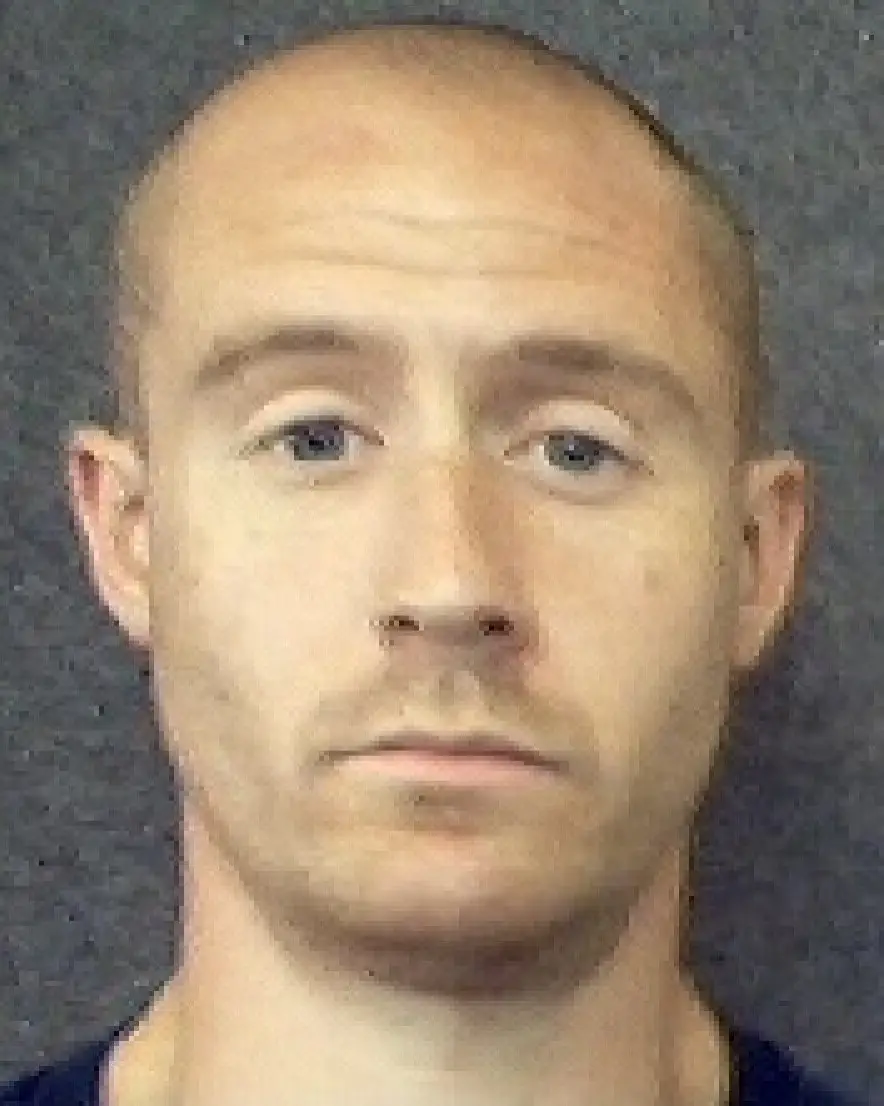
Asked if he thinks he’ll ever get out of prison, Kinkel responded: “I think that there’s a few different ways to answer that. I’ve learned through a lot of years of therapy and self work that I really need to be careful with expectations. So I don’t want to have false hope. But hope is always really important.
“So, of course, there’s always a sense of hope that maybe I can leave an environment such as this that is miserable and designed to torment and inflict, basically, pain onto my body and soul. With that being said, I don’t know what that would look like. So, I don’t allow myself to spend too much time thinking about that because I think that can actually bring more suffering.”
If you have experienced a bereavement and would like to speak with someone in confidence contact Cruse Bereavement Care via their national helpline on 0808 808 1677
Topics: US News